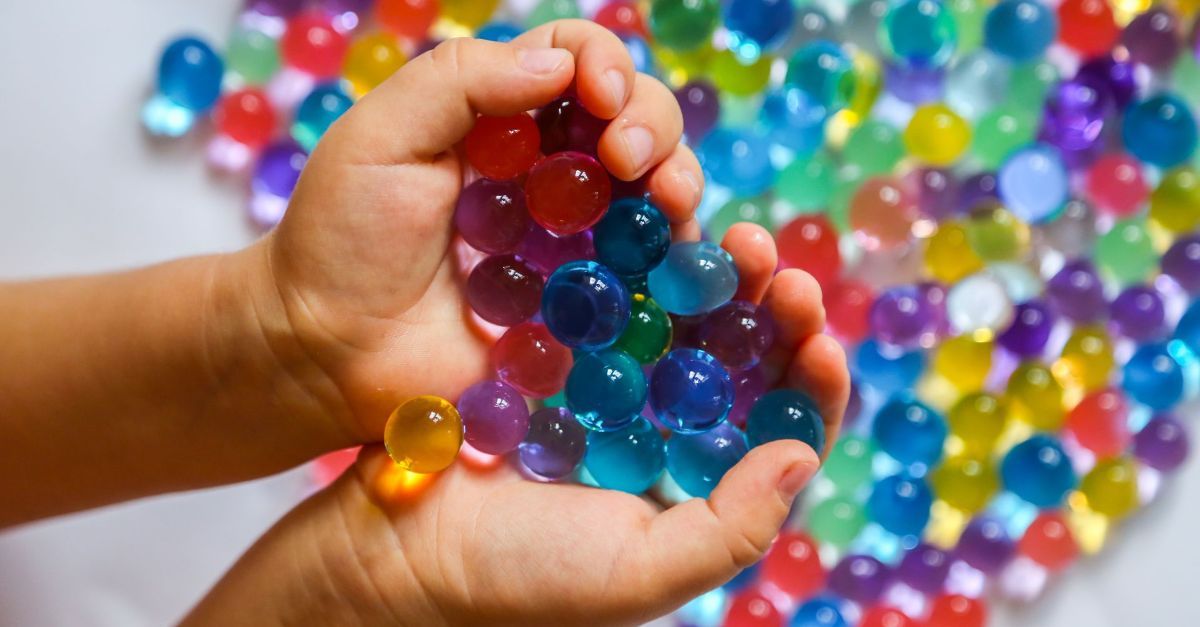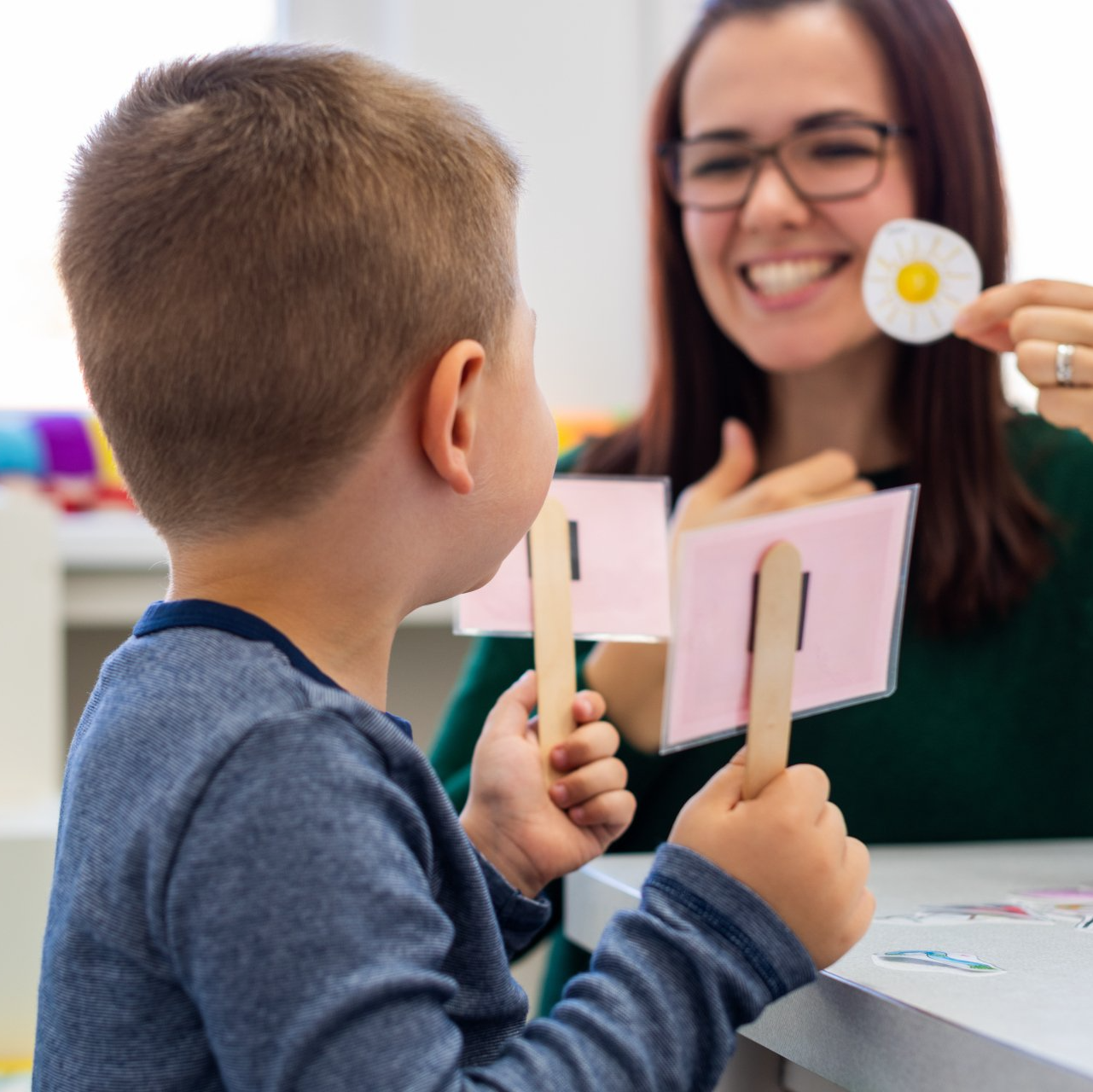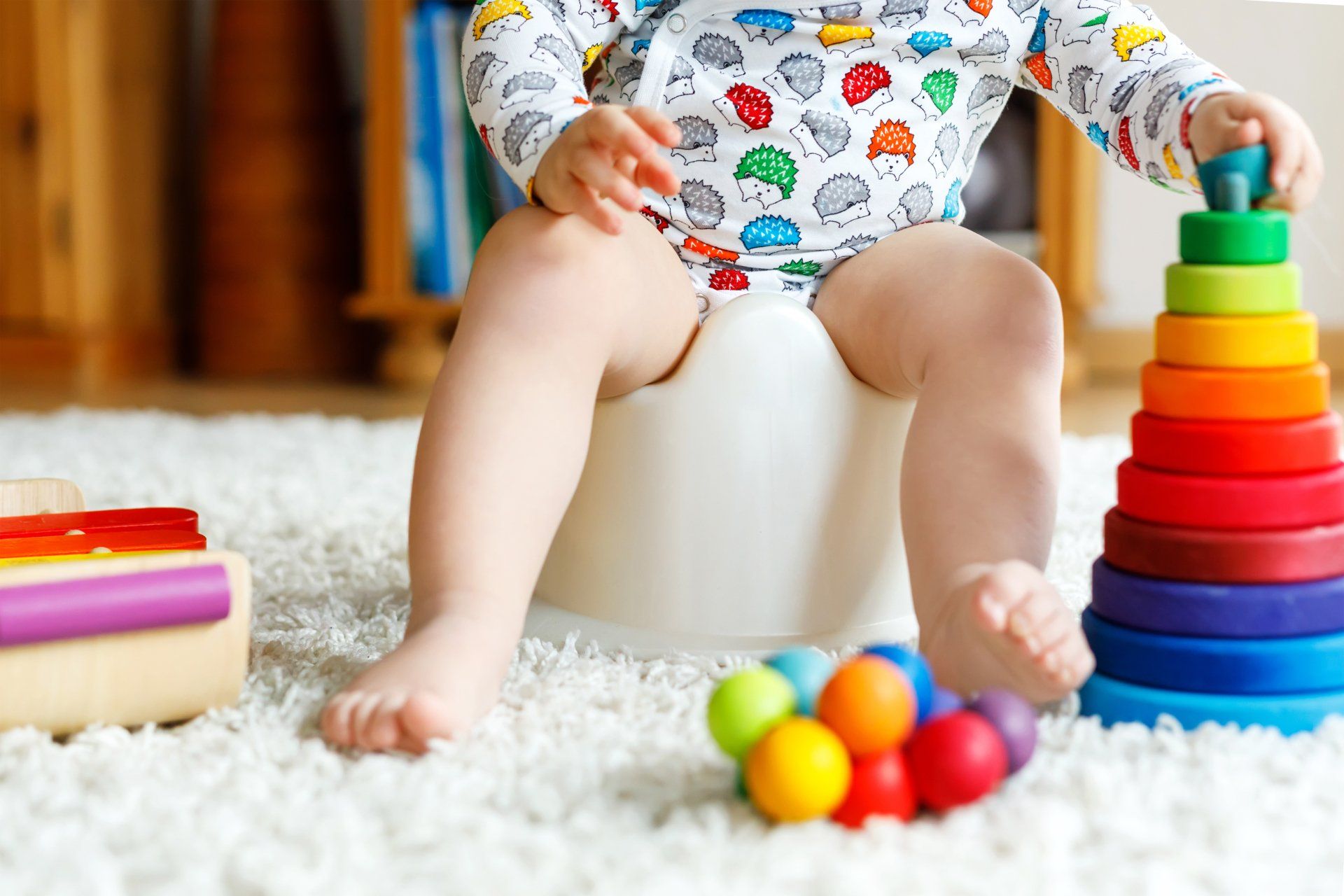How to assist your child in developing their language of learning
Mom is strolling around the supermarket with a six-month-old infant in the baby seat. Not once does she engage in eye contact, talk to the child or even smile. When the baby becomes restive, a dummy is thrust in his mouth without a word spoken. Contrast this with a dad in a fruit and veg store, with an infant of similar age. At every display he picks up a fruit, lets the baby touch and smell it and talks about the name of it, the colour and how good it tastes. Not hard to know which of these babies will develop a good language as he grows. Babies develop language through constant face to face engagement with a trusted care giver. These days many infants are left in the hands of untrained nannies who are too busy listening to music on their earphones or talking on their cell. The foundations of language are laid in utero and beyond. Two-year old’s who have been deprived of stimulating language are already developmentally behind their peers and the gap grows, requiring expensive therapeutic intervention before formal school entry.
Adding to this language gap, we now place the child into a school where the language of learning is different and expect that the new language will be acquired rapidly-because that’s what we pay fees for! What is not understood is that a second language is based on the first. Almost like making a photocopy. If the original is poor, the copy will be too.
Home language is important, but make it rich by talking, singing and reading to the baby/toddler. TV and tablets do not teach language, it is a reciprocal process. If someone in the home is fluent in the proposed language of learning, they should be doing all the above in that language, from day one. Babies are pre-programmed to learn as many as 4 languages simultaneously, AS LONG AS EACH LANGUAGE IS SPOKEN BY THE SAME PERSON. Granny can speak Sotho, Mum isiZulu and Dad English, but they must stick to their language until the child is at least 3. Don’t mix languages, this just results in language soup!
Besides talking, singing and playing with the child, using a rich vocabulary, you should be reading to the baby from a very early age. Initially use board books with clear pictures that relate directly to the child’s home environment. Talk about the pictures, relate them to real objects if possible and let the baby touch them when you name them. Expand the range of books as the baby grows and by two, join the local library. A weekly visit in search of a new book will become a highlight. You will of course have taught the child how to handle books respectfully! Yes, you can use a tablet, but these are too heavy for young babies to handle and hold. Books in many of our official languages are scares, but you can translate!
But what if my child is only speaking one language when he enters school? In this situation, parents will have to work hard to support the school. Here, a tablet can be useful as you can find good apps for simple songs that will help your child acquire the rhythm of the new language. Find books that have a picture with details of familiar rooms at home, animals, toys etc. to help your child learn as many new words as they are capable of, revising them daily. Use full sentences: “Look at the big red car. Let’s count the wheels. Let’s drive your car across the floor Does your car have four wheels? Your car can go fast. Can you make it go slowly?” Young children learn by doing and including plenty of action as you talk will help the learning process.
If possible, enroll you child in language enrichment classes, or form groups and engage a good tutor. Find out what theme/inquiry your child is doing at school and link your support to it. Ask the teacher for a list of important vocabulary to practice. In order to cope well in Grade 1, a child needs a cognitive and perceptual vocabulary. Colour/number/shape/size/position in space/sounds in words etc. etc. School curriculums are available on line, which will help you keep pace.
Playing with peers is a great help in learning a new language. Children can play without language, and for a couple of months they may just listen but will soon be joining in and may talk more in play than they do in class.
If your child has difficulty acquiring the language of learning, talk to a speech and language therapist and get advice. Therapy before the age of six will pay dividends and results will be much faster than if you wait until troubles loom in Grade 1 and negatively affect learning to read.
Lastly, make your child’s life as interesting as possible. Visit the zoo, animal parks, farms etc. as often as possible. Be with your child, not in the restaurant taking you ease, and talk, talk, talk. After the visit encourage your child to draw a picture and tell you what he saw. Going to one of our numerous eating venues and handing the child over to the resident nannies is wasting precious language time. Sitting together, talking about the food and having family conversation is making the most of the outing.












